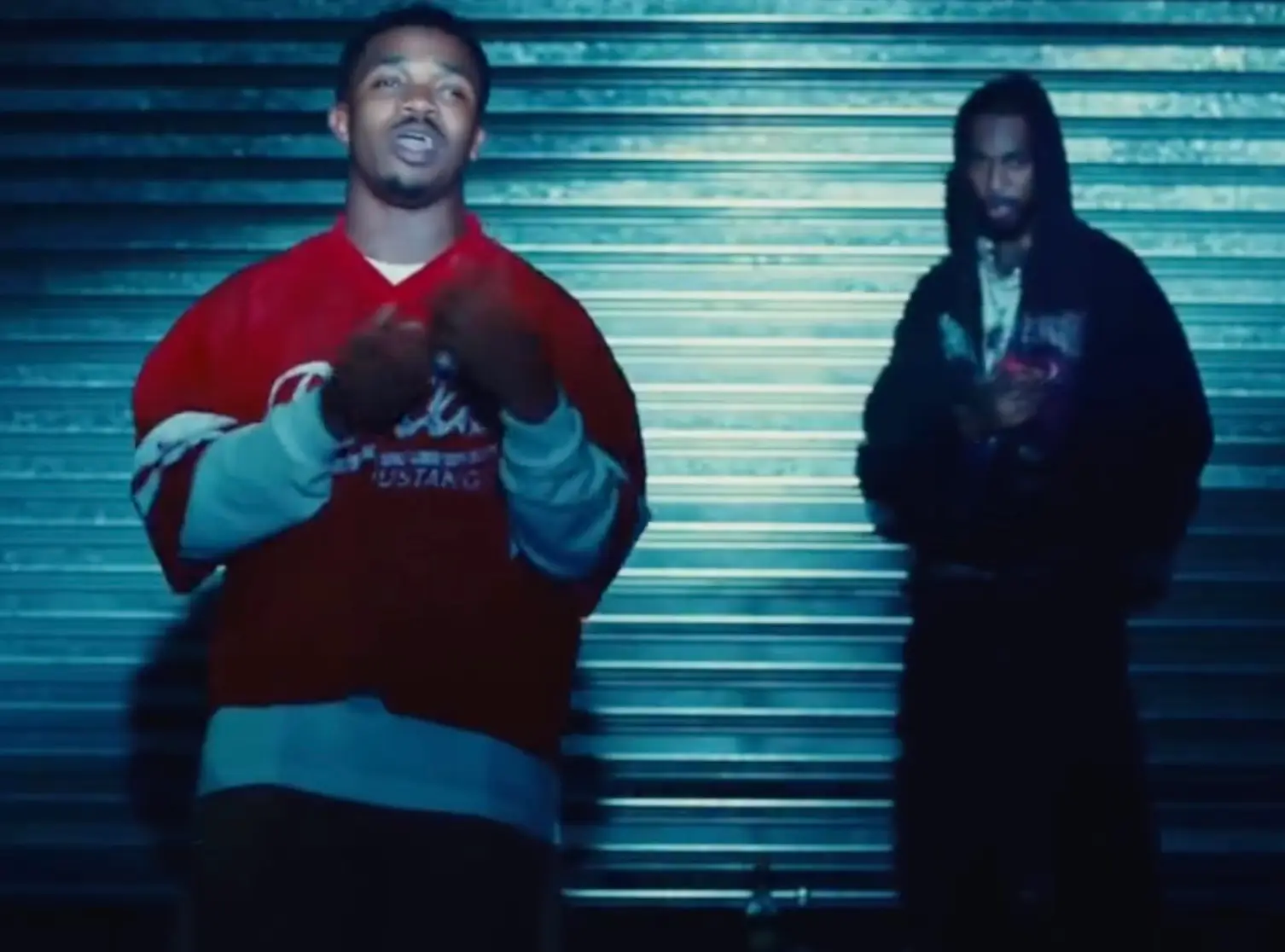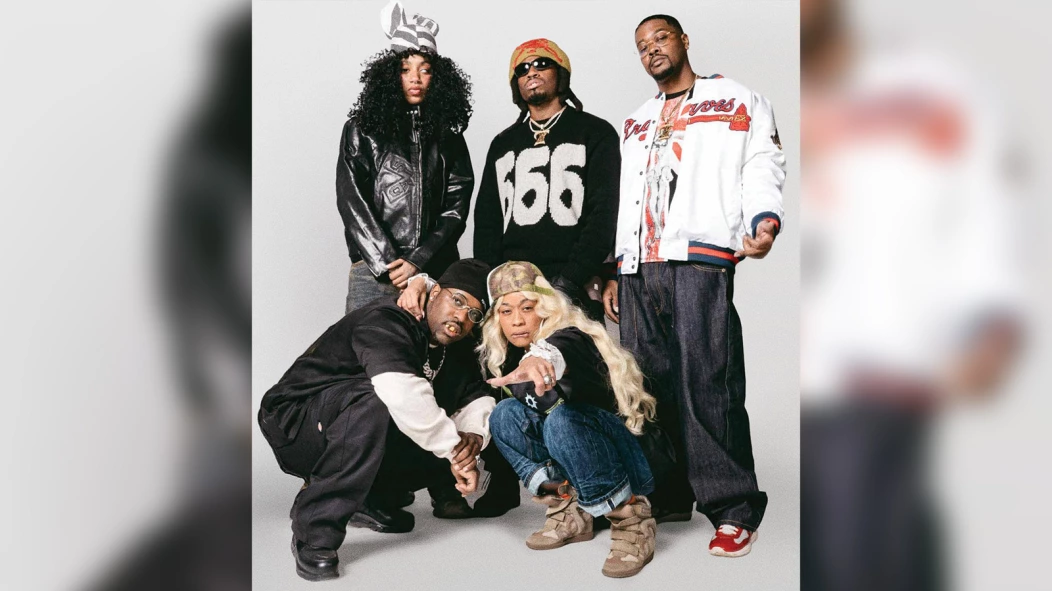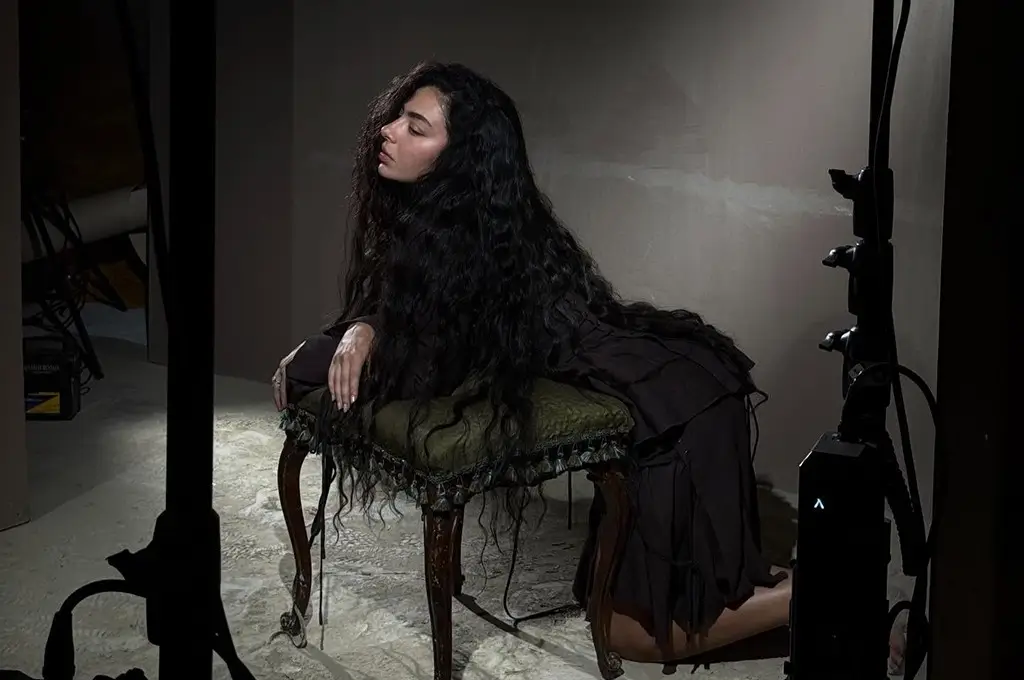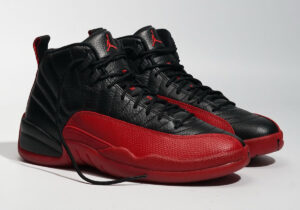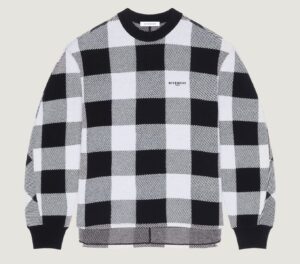Machine Gun Kelly (MGK) is no stranger to reinvention. From Cleveland rapper to pop-punk revivalist, Colson Baker has pivoted through genres and personas with polarizing impact. But his latest track, “Clichè”, strips down the noise—literally and metaphorically—offering a raw, self-aware confrontation with identity, repetition, and the emotional fatigue of stardom.
Released in May 2025, “Clichè” is a lo-fi guitar-driven ballad that departs from MGK’s bombastic hits and stadium-sized choruses. Instead, it leans into acoustic minimalism, with lyrics that feel handwritten in the margins of a spiral notebook. The title is an admission: the pain he’s expressing, the patterns he’s stuck in—they’ve been said before. And yet, he says them anyway. That’s the point.
“I’m a walking headline you’ve read too many times / I try to feel something new but it dies.”
The song opens with this confession, capturing a dilemma familiar to artists in the algorithm age: everything you create risks becoming a caricature. MGK knows he’s a “type,” and he weaponizes that awareness to create something unexpectedly affecting. The production, largely untouched by over-polish, lets the lyrics breathe. A sparse guitar riff loops beneath vocals that veer between whispered defeat and raspy desperation.
There’s a thematic lineage in “Clichè” that harks back to early 2000s emo—the vulnerability of Brand New, the jagged sincerity of Taking Back Sunday—but it’s tempered with the digital-era nihilism MGK has always flirted with. Rather than rejecting his tropes, he catalogs them: heartbreak, recklessness, self-destruction, the endless pursuit of reinvention.
“I dyed my hair, I changed my name / Still the mirror says I’m the same.”
Here, the transformation MGK often showcases—whether aesthetic or sonic—loses its power. The line isn’t a cry for help, exactly; it’s a shrug. He’s not romanticizing his chaos anymore, nor is he begging for absolution. He’s just observing it, naming it, owning the exhaustion. In that way, “Clichè” functions like a journal entry for the burnout generation.
In a media landscape that feeds on novelty but punishes inconsistency, MGK seems to ask: what happens when the spectacle runs dry? His answer is a song that dares to sit in the mundane, to embrace the overused and overfelt. There’s bravery in that. While others mask repetition with spectacle, MGK leans into the loop—and finds something strangely poignant inside it.
Ultimately, “Clichè” isn’t just a title. It’s a thesis. One that suggests that even when language, feelings, and performances have been exhausted, there is still truth to be found in saying them again.
Even if you’ve heard it before.
No comments yet.


